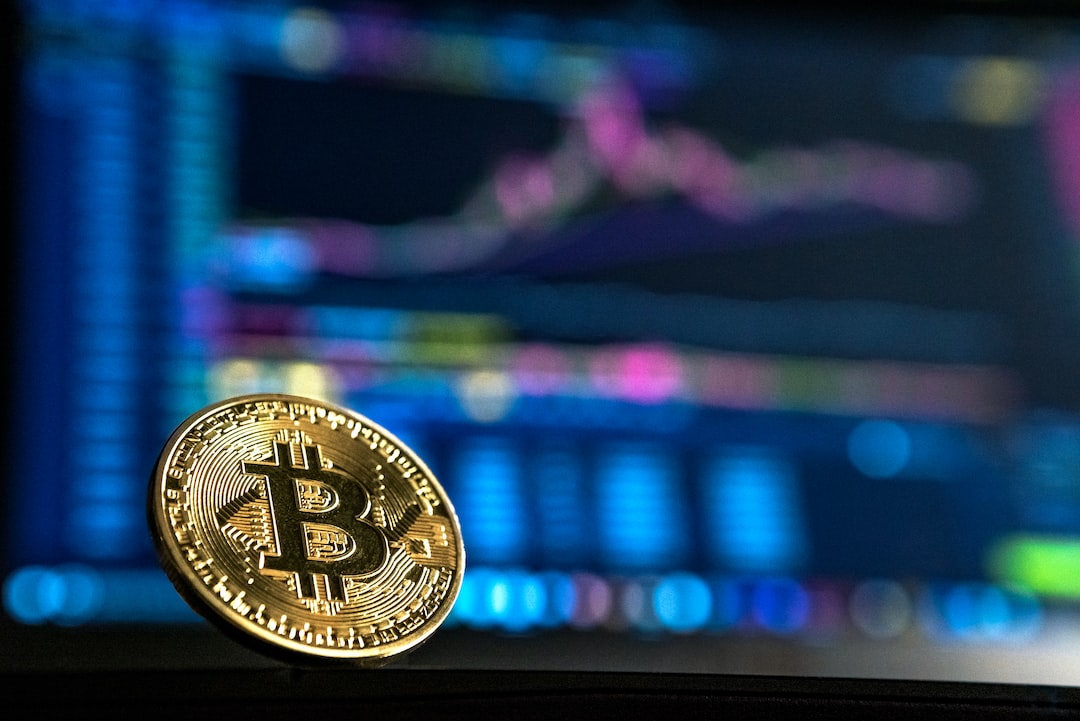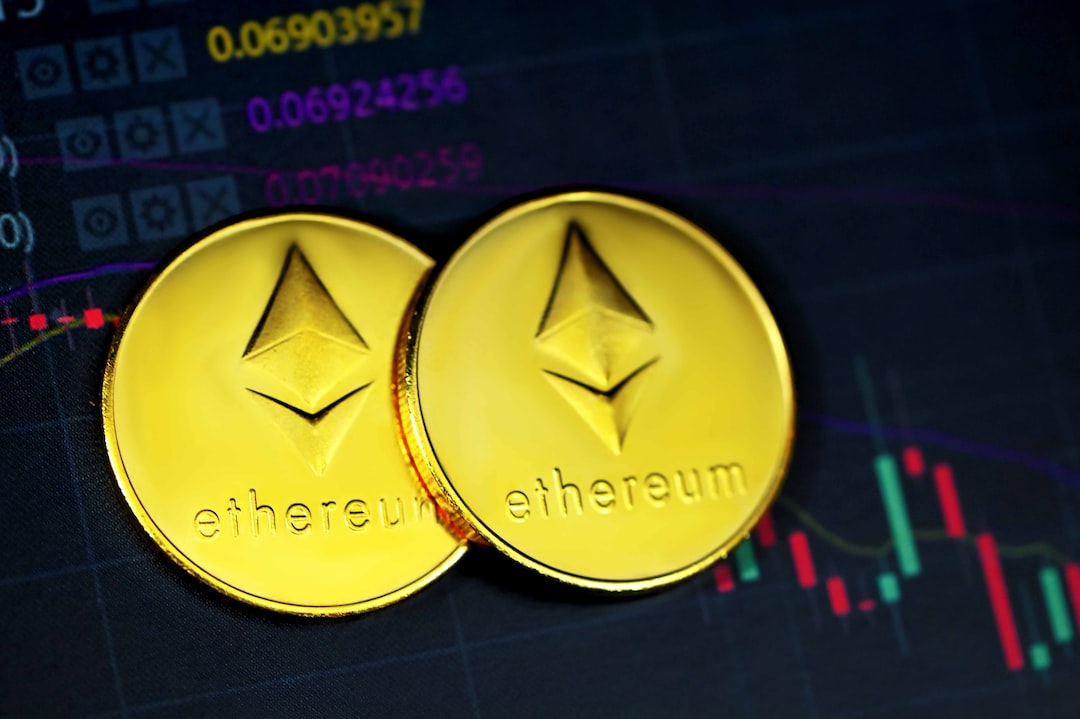Prominent NFT Makers Boycott OpenSea and Blur as Royalties Decline
Several well-known NFT creators, including Yuga Labs and LSLTTT Holdings, are leading boycotts against major NFT marketplaces like OpenSea and Blur due to the diminishing royalties they offer. These marketplaces have significantly reduced the royalty rates paid to NFT creators when their artworks are sold. This move was made in an attempt to revive buying and selling activity in the wake of a decline in NFT prices and trading volume.
Yuga Labs and LSLTTT Holdings Take a Stand
Yuga Labs and LSLTTT Holdings have decided to withhold some of their collections as part of their boycott against OpenSea and Blur. Yuga Labs, in particular, has made it clear that certain collections, such as the Mara Collection, will only be available on royalty-enforced marketplaces like SudoSwap V2 and X2Y2 decentralized marketplaces. The Mara collection features 10,000 NFTs of creatures called Maras that exist in the Otherside metaverse created by Yuga Labs.
The Significance of Royalties
Royalties play a crucial role in NFT trading as they provide ongoing income for creators. Artists like Yuga Labs and LSLTTT Holdings earn a percentage of the resale price every time their creations are resold. However, royalties have seen a significant decline recently, dropping from $269 million in January 2022 to just $2.4 million in September. This decline has led to tensions between NFT creators and marketplaces, with some arguing that the heyday of the NFT market is over.
The Issue with Low Fees
Both Blur and OpenSea have faced criticism for their low-fee models, which prioritize trading volume but reduce artist income. Blur has a minimum royalty rate of 0.5%, while OpenSea offers optional creator fees. Pudgy Penguins, for example, has expressed support for Yuga Labs’ boycott and plans to partner with platforms that offer royalties. However, there is resistance from users who are increasingly hesitant to pay royalties and fees.
Hot Take: The Future of NFT Royalties
The decline in NFT royalties and the boycotts against major marketplaces like OpenSea and Blur indicate a growing tension between NFT creators and platforms. While some believe that the boycott strategy could be replicated by other collections, its long-term viability remains uncertain. Marketplaces face pressure to balance low trading costs with the need to support creators and maintain the decentralized ethos of blockchain technology.





 By
By
 By
By
 By
By
 By
By
 By
By